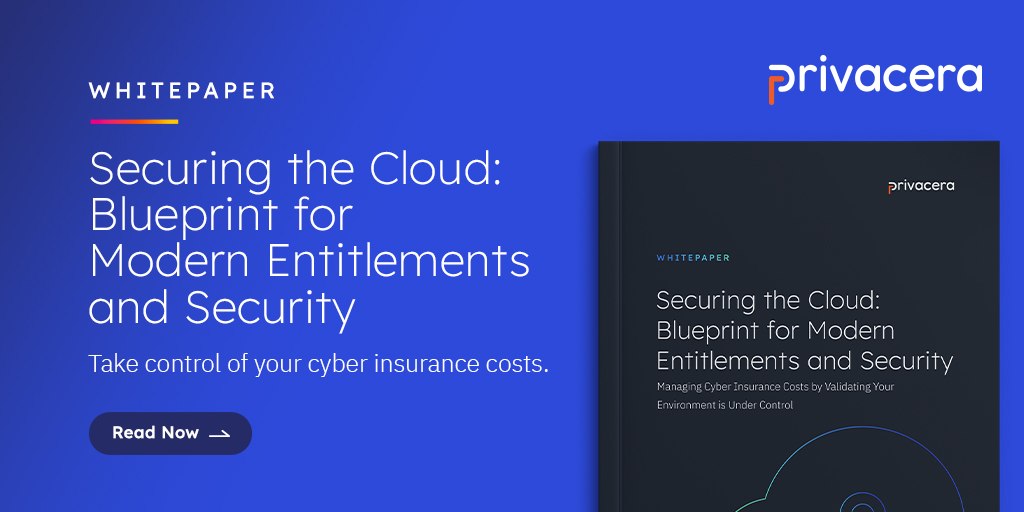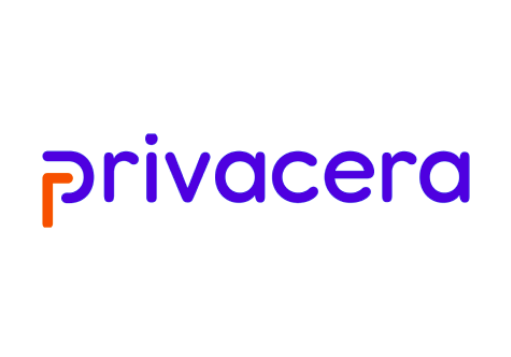Elevating GenAI Security With General Availability of Privacera AI Governance (PAIG) and Comprehensive Governance for Vector Databases/RAG Systems
In October 2023, Privacera unveiled the general availability of PAIG (Privacera AI Governance), given the significant business interest in GenAI. Since then, market analysts have revealed that 10% of companies have fully integrated GenAI into their operations, with 45% developing prototypes and the remainder exploring its possibilities.This surge underscores the transformative potential of generative AI and large language models (LLMs), which are set to overhaul enterprise activities by streamlining communication, task automation, decision-making, and personalization. By harnessing these technologies, businesses can enhance their competitive stance, refine operational efficiencies, and offer superior customer and stakeholder services.
The initial version of PAIG focused upon securing privacy and security of GenAI interactions. This included some measures to address toxic content. However, it did not protect the vector database used for storing data interrelationships. Feedback from prospective customers highlighted the need for extending and persisting policies and controls to include both structured and unstructured data collected into the GenAI application, usually as part of a retrieval augmented generation process. Given this, the latest PAIG release enhances data protection to match that of the original source systems, like SharePoint, Confluence Wiki pages, Support Tickets, and structured databases to prevent unauthorized external access including protecting and preventing outside access by those without system privileges. In GenAI’s Retrieval-Augmented Generation (RAG) system, data is sourced from a VectorDB, which must enforce security equivalent to the original data sources to ensure that users access only the information they are permitted to, thus maintaining confidentiality and compliance.
Concerns Around AI Remain
Amid the promising horizon of generative AI and LLMs, CIOs, CDOs, and even CEOs are navigating a complex landscape marked by significant risks and governance challenges. The breakthrough capabilities of these technologies come with a spectrum of concerns, notably in areas of bias, intellectual property, privacy, and governance. The potential for AI models to inadvertently perpetuate bias based on sensitive attributes like race, sex, age, and ethnicity raises ethical alarms, highlighting the need for stringent oversight in model training and outcome evaluation.
At the same time, the extensive data consumption of LLMs poses threats to intellectual property rights and privacy, as these models often process vast datasets, including potentially sensitive or proprietary information. Ensuring that personal data remains protected and compliant with privacy standards is paramount to prevent unauthorized access or data breaches. Furthermore, the governance and security of LLMs are under scrutiny, as the expansive reach of these models may conflict with established data access and sharing protocols, amplifying the risk of cyber threats and information leakage. Addressing these challenges is crucial for harnessing the full potential of generative AI while safeguarding ethical, legal, and operational standards.
Adding to GenAI Security with New Features for Vector Databases
Privacera’s prior announcements were an important step toward GenAI governance and security. These capabilities focused on Securing Tuning & Training Data, Securing Model Inputs and Outputs, and Comprehensive Compliance Monitoring. These ensured sensitive data within training data is continuously monitored and governed, with strict access controls and query filtering mechanisms in place. Model governance policies were also established to oversee user interactions and AI outputs, maintaining integrity and confidentiality. Additionally, detailed dashboards and audit logs offered transparency into the use and protection of sensitive data across all models, ensuring compliance and secure data handling in AI operations.
Privacera has also unveiled further advancements in GenAI security, introducing Fine Grained Access Control and Classification Based Filtering for VectorDB/RAG, alongside enhanced privacy controls for vector databases. These updates signify a further leap forward from foundational security measures to a robust titanium firewall for GenAI applications. PAIG integrates data across sources into VectorDB, preserving existing policies and enabling fine-grained, tag-based filtering and redaction.
PAIG’s innovation extends to maintaining stringent privacy controls, ensuring that access to sensitive information within VectorDBs is strictly governed by user and group permissions. This mechanism mirrors the access rights of source systems, embedding them into the vector database environment. With PAIG, real-time content scanning underpins policy enforcement, allowing for dynamic authorization that aligns with regulatory demands. The system’s intelligent filtering ensures that only permissible data reaches the user, enhancing data security and operational efficiency. By assigning metadata tags to data chunks and enforcing user-specific access, PAIG crafts a tailored security landscape, providing granular control and ensuring compliance with organizational and legal standards.
Getting Started with PAIG Today
Explore the forefront of AI governance with Privacera’s latest offerings by visiting our AI Governance Webpage. Here you can access a free trial of PAIG, including protection for the data going into Vector Databases. Privacera customers and prospects can start their journey right now and unlock the potential of secure, compliant AI operations.





